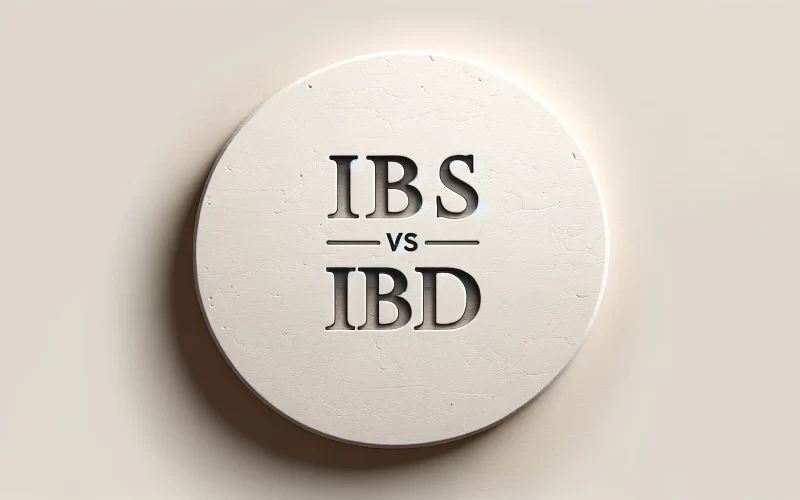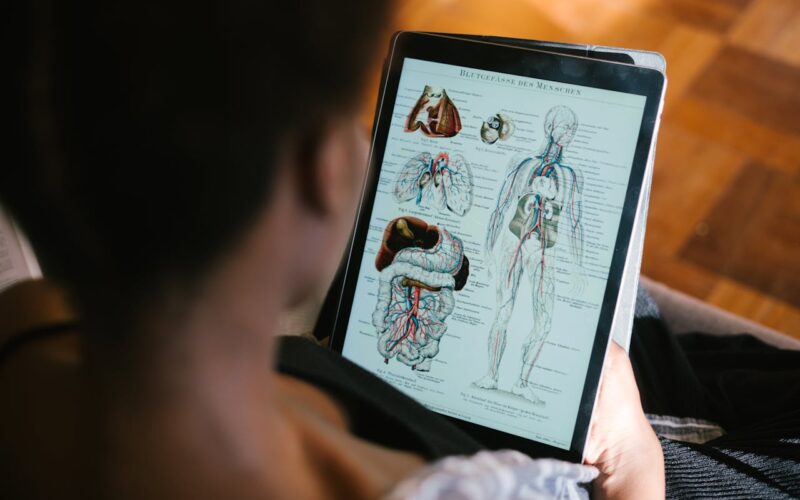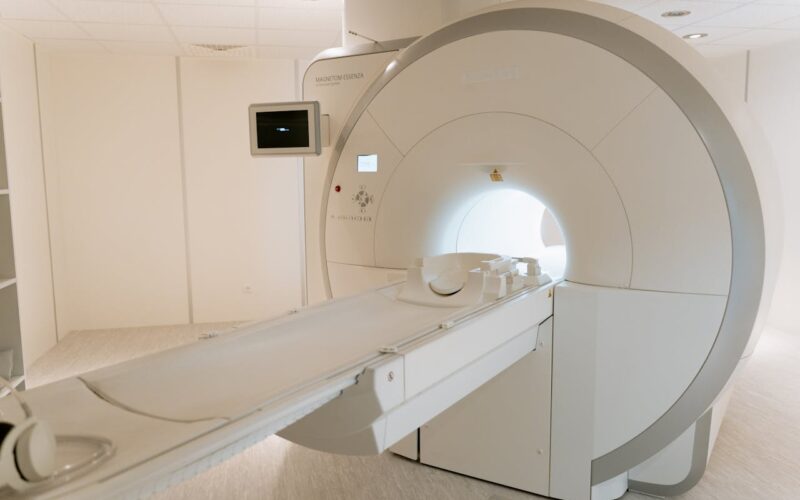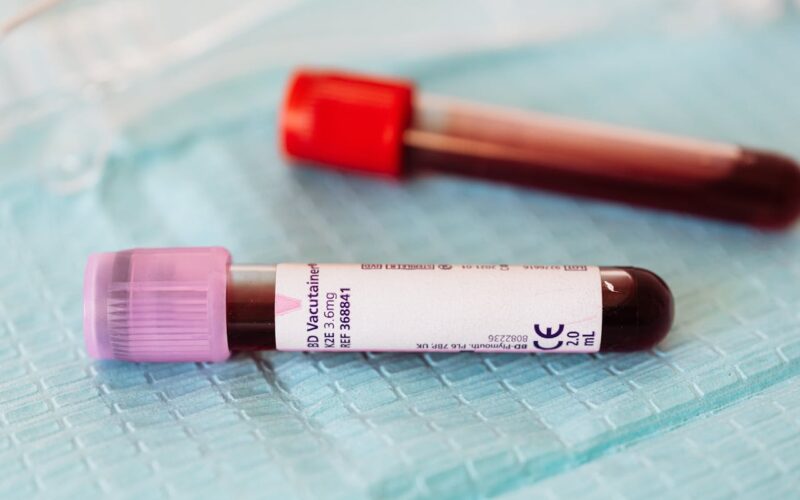Probiotics: How Long to Work for Optimal Gut Health
Understanding the effectiveness and timing of probiotics can help individuals manage their digestive health more effectively. This comprehensive guide explores the key question: "Probiotics: how long to work?" By delving into the mechanisms of probiotics, we provide a detailed look at what to expect when incorporating these beneficial bacteria into your diet. Introduction to Probiotics Probiotics are live microorganisms that, when administered in adequate amounts, confer a health benefit on the host. They are commonly found in fermented foods like yogurt, sauerkraut, kefir, and supplements. Probiotics are primarily used to promote a healthy balance of gut bacteria and have been…










